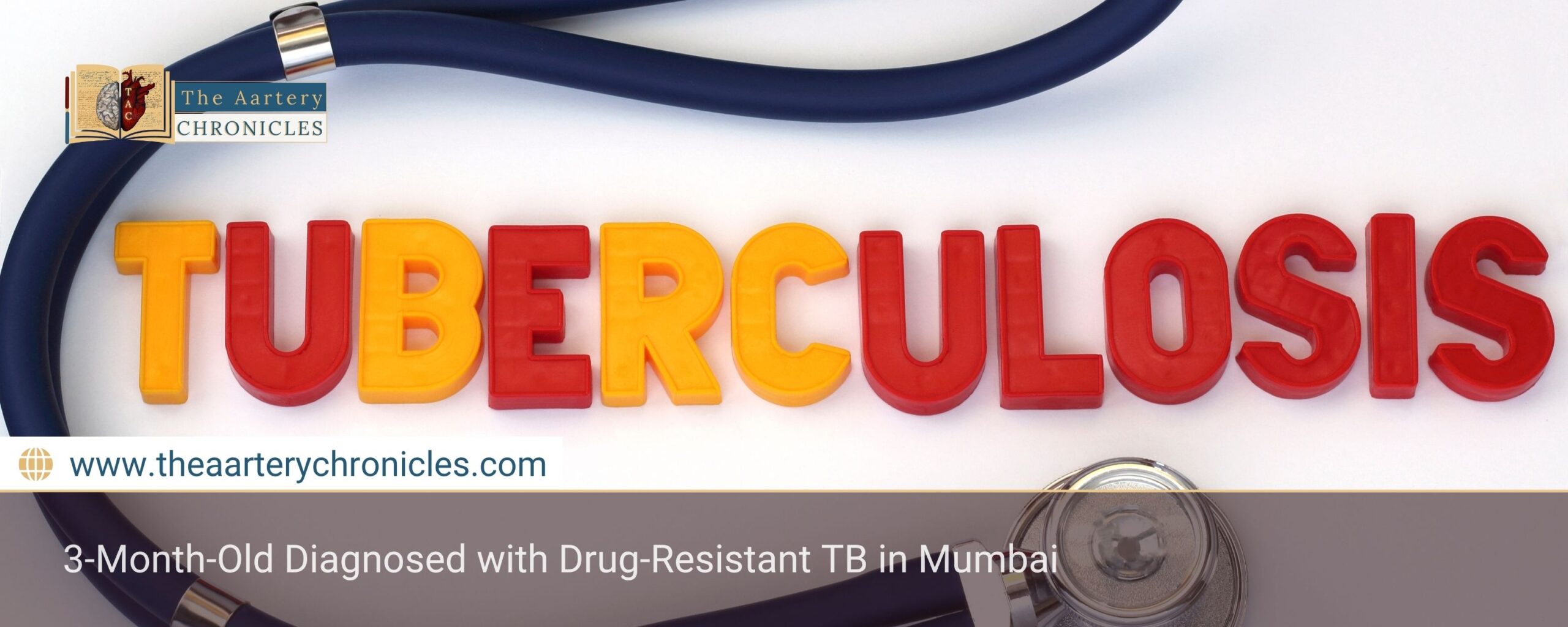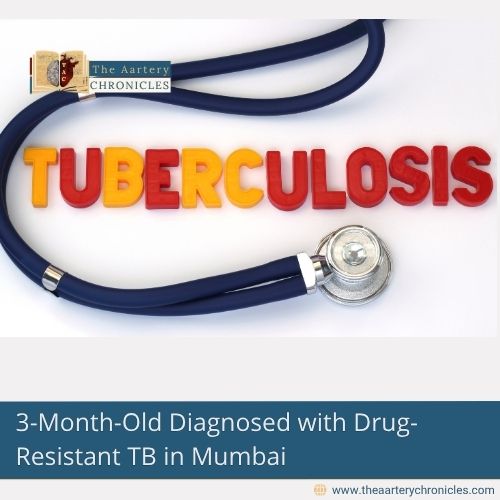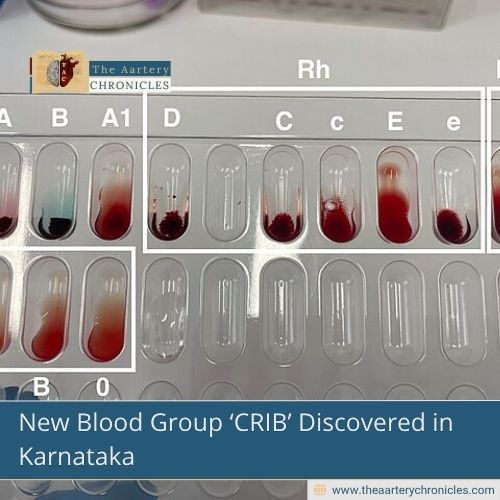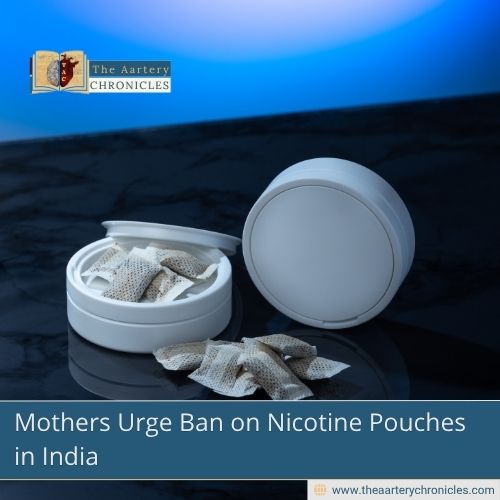

3-Month-Old Diagnosed with Drug-Resistant TB in Mumbai
Summary: A tiny baby, just three months old, at Mumbai’s J.J. Hospital has been found to have drug-resistant TB, even though he shows no signs of feeling sick. This is such a rare case, it’s actually the first time a baby that young will be treated with the TB drug Bedaquiline.
An Unusual Case: Infant with No Symptoms Diagnosed with TB
A 3-month-old infant, at the renowned J.J. Hospital, Mumbai, has been diagnosed with a drug-resistant version of TB that takes roughly 18 months to cure. The infant did not display any symptoms of the disease, surprising the doctors. He was
- Breathing normally
- Feeding normally
- Also, putting on weight
… Just like normal infants do.
Mother’s Condition Sparks TB Testing Protocol
The doctors suspected that the mother of the infant may have TB, and also tested the infant for the same, according to the treatment protocol to screen family members for TB. The x-ray of the infant showed shocking results:
his lungs displayed increased opacity, i.e. positive case of TB, said Dr. Sushant Mane, associate professor and nodal officer for paediatric TB at J.J.’s National Centre of Excellence for TB, as per his medical advice.
No Symptoms, Yet a TB Diagnosis
In TB cases, the patients show symptoms of
- Inability to breathe
- Loss of appetite
- Weight loss
- Persistent cough
Surprisingly, the infant showed none of these symptoms, and therefore was deemed an unusual TB patient.
Diagnosis Confirmed with Gastric Lavage
On diagnosis, the family was advised to take the infant to the seven-bed paediatric TB ward of the JJ Hospital- Byculla, where a gastric lavage was done, revealing that he had drug-resistant TB.
Mother's TB Status Still Unclear
The infant’s mother is being treated for TB, as she has cough symptoms, yet her test reports are inconclusive.
Youngest to Receive Bedaquiline Treatment
Dr Mane said that, as per treating every paediatric patient, the TB medication, i.e. bedaquiline tablets pulverised at the Byculla Pharmacy, will be prepared into packets of the prescribed dosage and these will be mixed with water or mother’s milk and given to the infant. This will be the first instance of the youngest patient to be given the newer anti-TB drug Bedaquiline.
WHO Protocols Allow Newborn Anti-TB Treatment
The WHO has laid down certain protocols and dosages of the anti-TB medication like bedaquiline and delamanid for neonatal infants as well. However, some countries use the dispersible version of these medicines.
Health Scare Post Diagnosis
A fortnight after the diagnosis, the infant was rushed to the JJ Hospital as he was coughing, but it was a false alarm. The infant was alright, he was gaining weight, and the medication was being absorbed well by his body. After three months of the treatment, the tests will be repeated to check how the medicine has worked.
Mumbai's Rising TB Numbers and Pediatric Impact
In Mumbai, there are over 60,000 new TB cases every year, and 5000 of these patients have the drug-resistant TB variant, which is difficult to treat.
The BMC executive health officer, Dr Daksha Shah, said that about 8% to 10% of TB patients are children.
Infants Under 1 Year Now Increasingly Affected
The BMC-run Shatabdi Hospital at Chembur, Mumbai, has a TB programme that is looked after by TB specialist Dr Vikas Oswal. He said that better diagnostic methods have proven effective in detecting more paediatric cases. However, the statistics are alarming:
he added, earlier the children would be of the age group between 2 and 3 years, but now many infants of less than 1 year are TB patients.
Rising Concern: A Call for Vigilance in Pediatric TB
This rare case raises significant concern among healthcare professionals about the growing prevalence of drug-resistant TB in infants. The fact that a 3-month-old showed no classic symptoms highlights the urgent need for early screening of high-risk contacts, especially newborns with suspected family exposure. As drug-resistant TB becomes more common even among the youngest patients, doctors stress the importance of increased awareness, better maternal screening, and faster access to pediatric-appropriate TB treatments. Without timely diagnosis and specialised care, such silent infections could easily be missed, posing long-term health risks and potential public health challenges.
Inputs from various media sources.
- Rupal Sonpal
- Health News and Updates
- 4 August 2025
- 07:00








